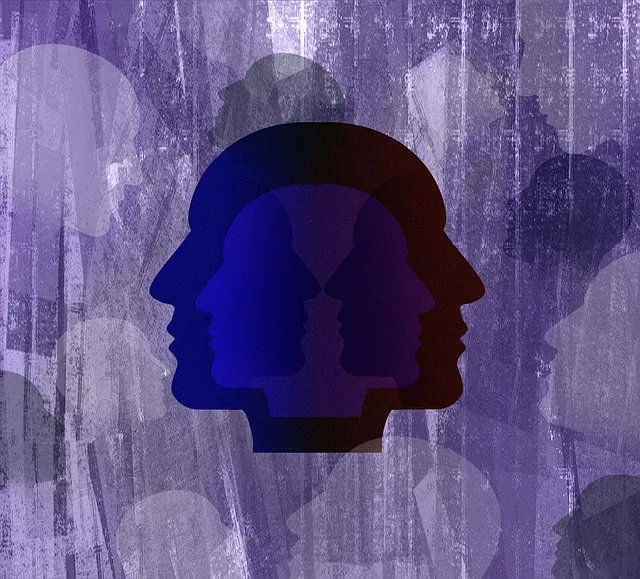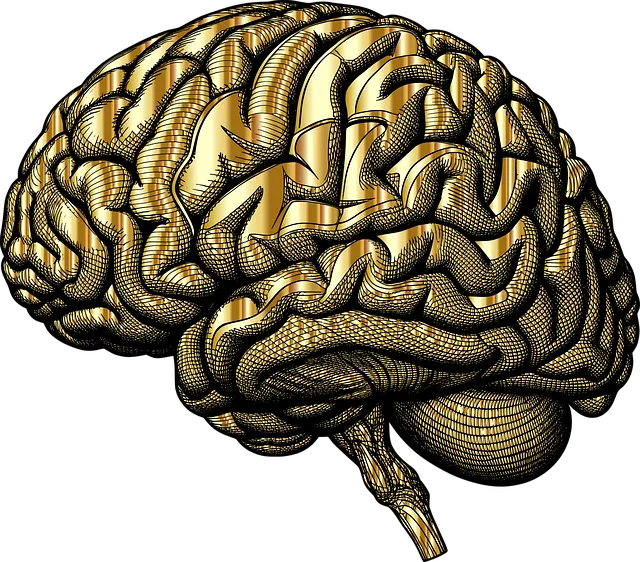In today's demanding healthcare landscape, burnout is a significant concern, prompting organizations to seek proactive solutions for employee mental wellness. While Lone Tree's Kaiser facility offers vital inpatient mental health services, there's growing recognition of the need for more comprehensive strategies. By integrating evidence-based practices like CBT and MBSR into coaching programs, Kaiser can enhance its approach, addressing gaps in inpatient care, especially for depression prevention and acute cases. This would ensure a more holistic system that supports diverse mental health needs, from mild symptoms to severe episodes.
Mental wellness coaching programs are gaining prominence as essential tools for addressing the growing global mental health crisis. This article delves into the critical components of developing effective strategies, focusing on inpatient services and evidence-based practices. We explore the Kaiser Lone Tree Model, examining its strengths and potential areas of enhancement. By understanding the need for such programs and incorporating best practices, healthcare providers can revolutionize mental health support, offering transformative journeys towards improved well-being.
- Understanding the Need for Mental Wellness Coaching Programs
- Designing Effective Inpatient Mental Health Services
- Incorporating Evidence-Based Practices in Coaching
- Evaluating and Enhancing the Kaiser Lone Tree Model
Understanding the Need for Mental Wellness Coaching Programs

In today’s fast-paced world, the demand for mental wellness coaching programs is on the rise, especially in sectors like healthcare where pressures are intense. While Lone Tree does Kaiser have inpatient mental health services, a more proactive approach to employee well-being is needed. Burnout Prevention Strategies for Healthcare Providers highlight the importance of such initiatives, as mental health issues can significantly impact productivity and overall job satisfaction.
Mental Health Policy Analysis and Advocacy play a crucial role in developing comprehensive coaching programs that cater to individual needs. By focusing on Inner Strength Development, these programs aim to equip individuals with coping mechanisms and resilience, preventing the onset of severe mental health disorders. Recognizing the growing need for such support, organizations are increasingly integrating wellness coaching into their employee welfare packages.
Designing Effective Inpatient Mental Health Services

Inpatient mental health services play a pivotal role in supporting individuals facing severe mental health challenges. Organizations like Kaiser, even with their Lone Tree location, recognize the need for comprehensive and effective programs. Designing such services requires a nuanced approach that combines clinical expertise with a patient-centric design philosophy. By integrating Self-Awareness Exercises and incorporating evidence-based practices, hospitals can create therapeutic environments that promote healing and growth.
Focusing on the Mental Health Education Programs Design, these facilities should offer structured activities and group therapy sessions tailored to diverse mental health needs. Encouraging open communication and fostering a sense of community among patients can significantly enhance recovery outcomes. Moreover, integrating holistic wellness practices can complement traditional therapy, addressing the mind-body connection crucial for long-term mental wellness.
Incorporating Evidence-Based Practices in Coaching

Incorporating evidence-based practices into mental wellness coaching programs is a strategic move to ensure effectiveness and positive outcomes for clients. Lone Tree, for instance, has implemented various approaches that have gained recognition, such as Cognitive Behavioral Therapy (CBT) and Mindfulness-Based Stress Reduction (MBSR), which have proven success rates in treating common mental health concerns. These practices provide coaches with structured tools to support individuals navigating stress, anxiety, depression, and trauma. By adhering to evidence-based methods, coaches can offer reliable guidance while fostering a safe space for clients to explore their thoughts and emotions.
Effective communication strategies play a pivotal role in this process. Healthcare provider cultural competency training has equipped professionals with the skills to understand and address diverse client needs. This includes recognizing and incorporating trauma support services into coaching models, ensuring that individuals with complex histories receive specialized care. Such comprehensive approaches not only enhance the overall wellness of clients but also cater to the unique requirements of those seeking mental health support, including those who may be accessing services at inpatient facilities like Kaiser in Lone Tree.
Evaluating and Enhancing the Kaiser Lone Tree Model

The Kaiser Lone Tree Model, known for its comprehensive approach to mental health care, has garnered attention for both its strengths and areas needing enhancement. While the model excels in providing access to outpatient services, there’s a notable gap in its inpatient care capabilities, particularly for depression prevention and acute cases requiring intensive support. Incorporating strategies to boost emotional intelligence and build confidence among patients can significantly strengthen the program.
Evaluating this model prompts us to consider how integrating specialized inpatient facilities could better cater to diverse mental health needs. By addressing these gaps, Kaiser can enhance its Lone Tree Model, ensuring a more holistic and effective support system for individuals navigating various mental wellness challenges, from manageable symptoms to severe episodes.
Mental wellness coaching programs, as exemplified by the Kaiser Lone Tree model, have evolved to address a growing need for accessible and effective support. By integrating evidence-based practices and continuously evaluating their effectiveness, these programs can significantly enhance the well-being of individuals facing mental health challenges. The development and optimization of inpatient services, such as those offered at Kaiser Lone Tree, are crucial steps in revolutionizing mental healthcare, ensuring folks receive the comprehensive care they deserve.






